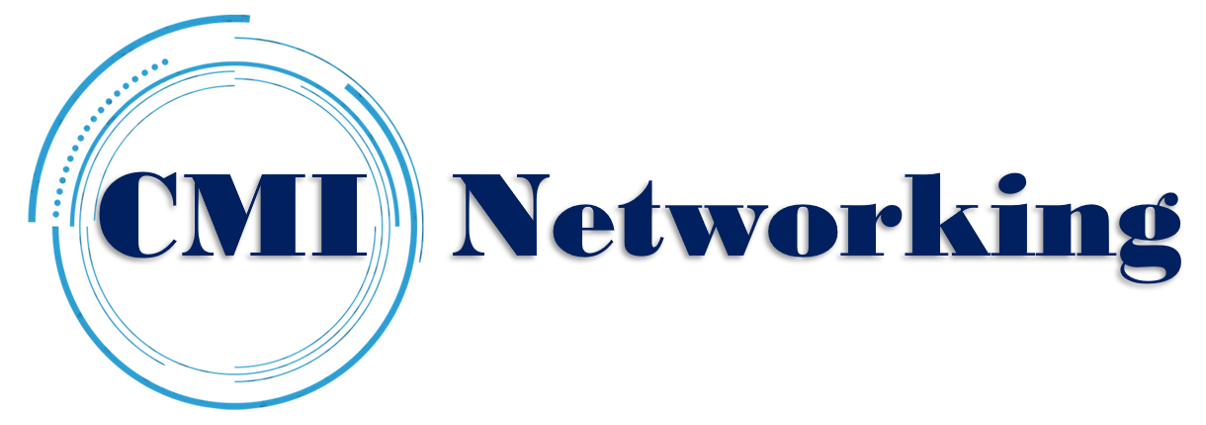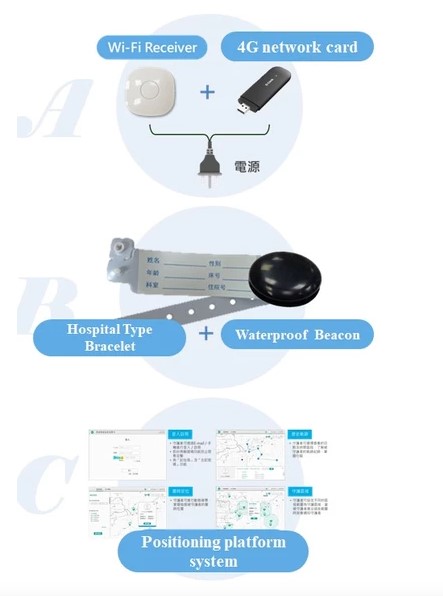The impact of IoT development in modern e-commerce

E-commerce is the electronic buying or selling goods or services via the internet. It has become increasingly popular in the last few years and can be seen to be in its first steps of its development. Some examples of these are online goods and services, for instance e-books, software, streaming media; retail services such as DVD y mail, food ordering, grocery; marketplace services such as online auction tools and wallet.
With the pandemic, e-commerce has sped up its development and its inclusion into our everyday lives. The fact that we have been encouraged to use electronic substitutions to many of our daily activities has pushed many of individuals to move to the more automated/electronic methods of executing everyday activities. For instance, with the lockdown situation, many individuals have opted for online grocery shopping or online clothing shopping; this has proved to save a lot of time and at times money for consumers.

The way that the IoT can be integrated into commerce is still in its initial experimental stages. This could bring to the worldwide progressive digitalization and change the way organizations and people learn, decide and act upon opportunities.
By 2020 experts from research firm Gartner estimate that more than 20 billion ‘things’ would be connected to the internet. This represents 5.5 million of new connected devices every year – this could more mean affordable sensors, processing power and bandwidth. Gartner has also mentioned that 50% of new business processes and systems would somehow use IoT aspects.
The Internet Data Corporation (IDC) forecast the IoT market will be worth $1.7 trillion by 2020. So, what are the benefits of IoT integrating into e-commerce?
1. IoT Data Collection personalize offers: personally recommended possibilities and opportunities to bargain on e-commerce platforms.
2. Delivery and order preparation: easier and faster delivery. Alternative forms of delivery such as IoT devices delivering your parcel.
3. IoT Big Data Management: study your preferences to search for the best option for you, this saves time and money.
4. Real life e-commerce IoT opportunity example: Giant beverage company Pepsi Co. implemented soda fountains with which people can customize their drinks with extra flavors. The machine then enables the beverage giant to monitor the type of flavors and drinks people prefer in particular city/area.
Ecommerce players need to keep in mind that the IoT ecosystem is fundamentally about internet-connected things. Therefore, ecommerce enabled by IoT is less of a revolution, and more of an evolution. Ultimately, the potential of IoT technology will significantly enhance ecommerce as more devices gain smart features and get connected.



